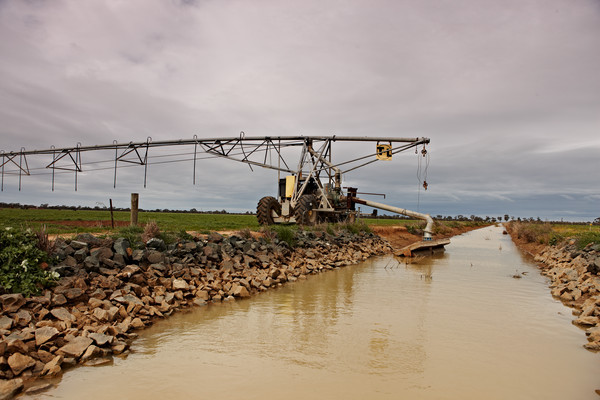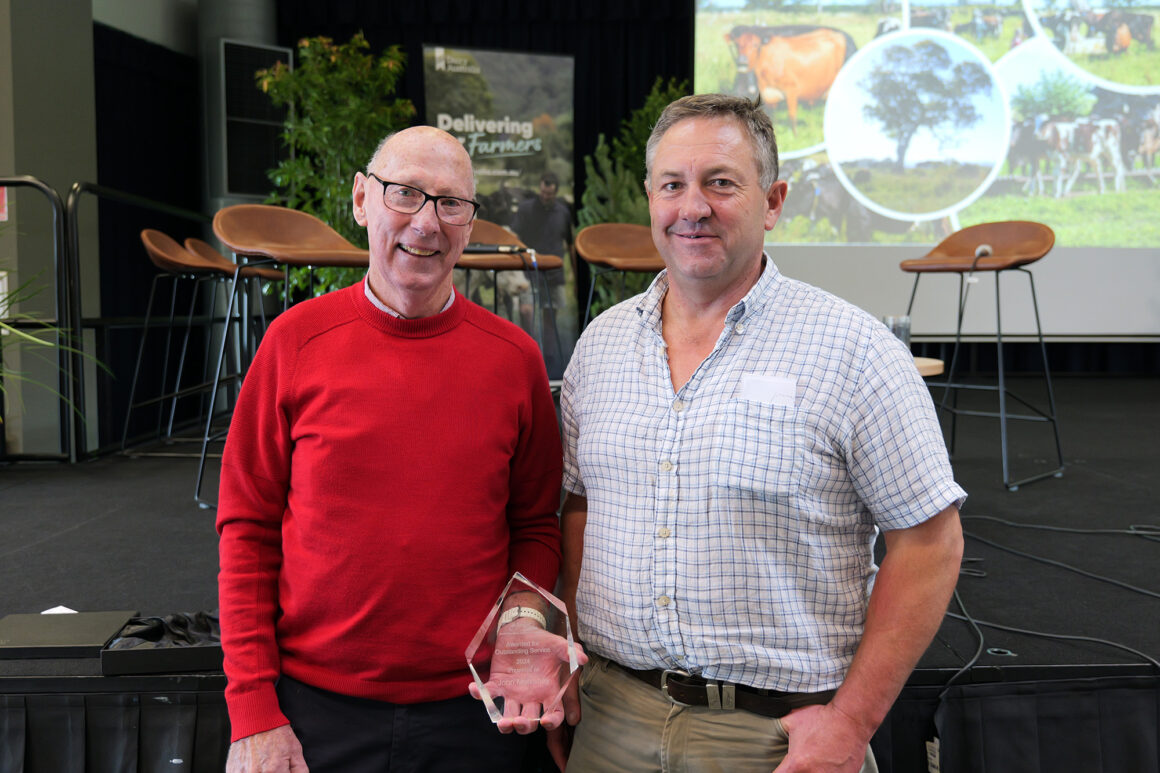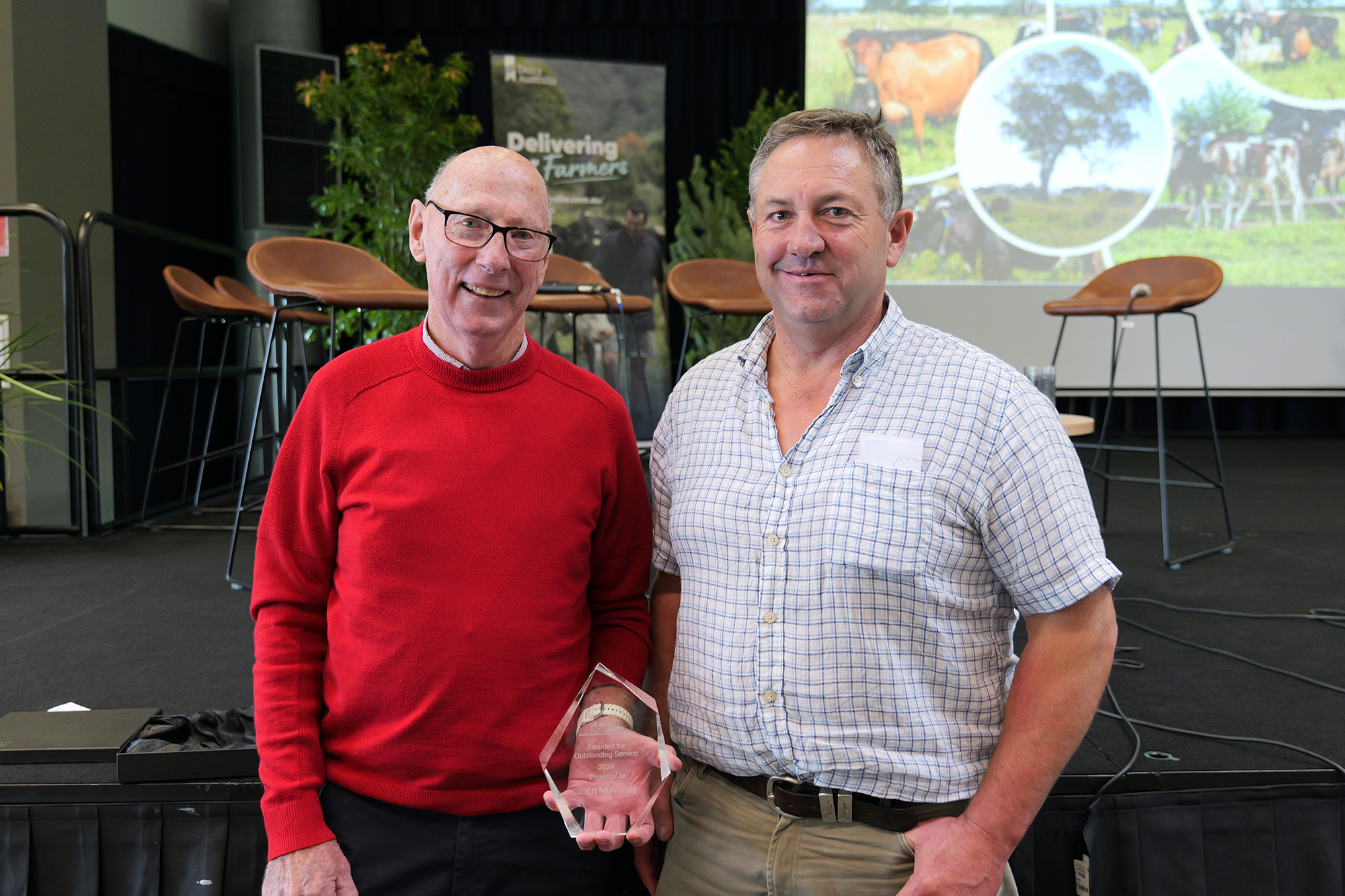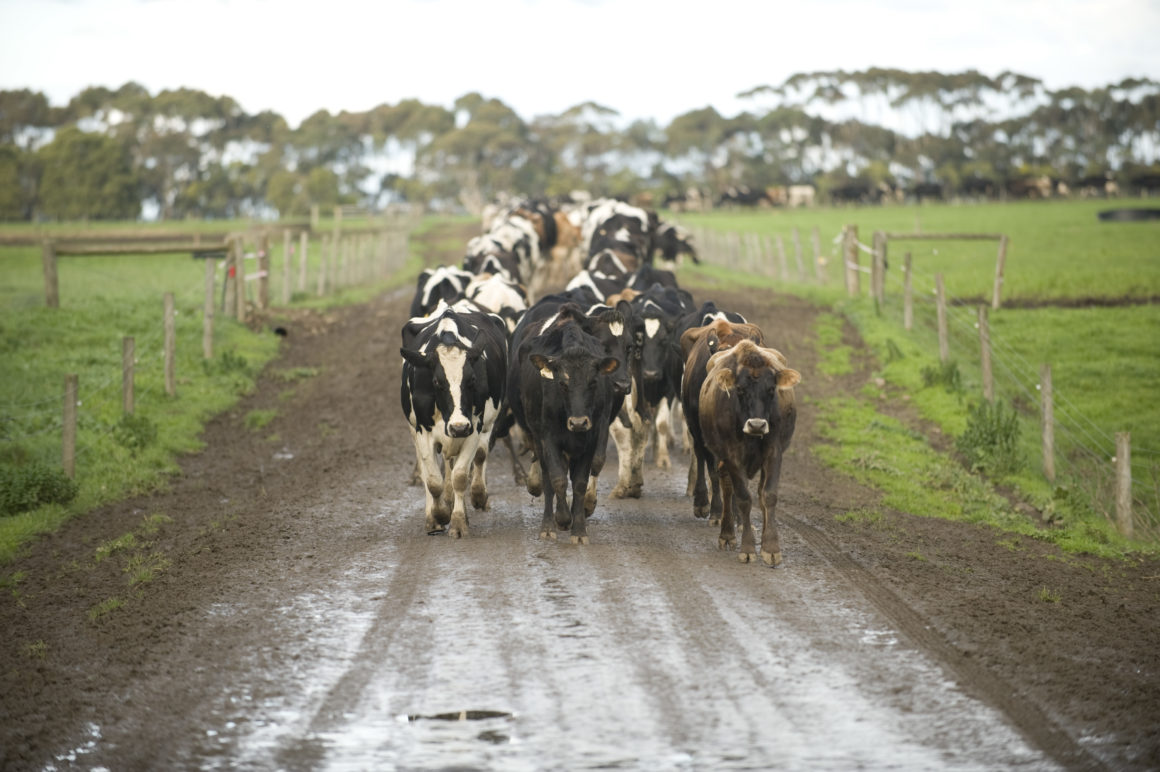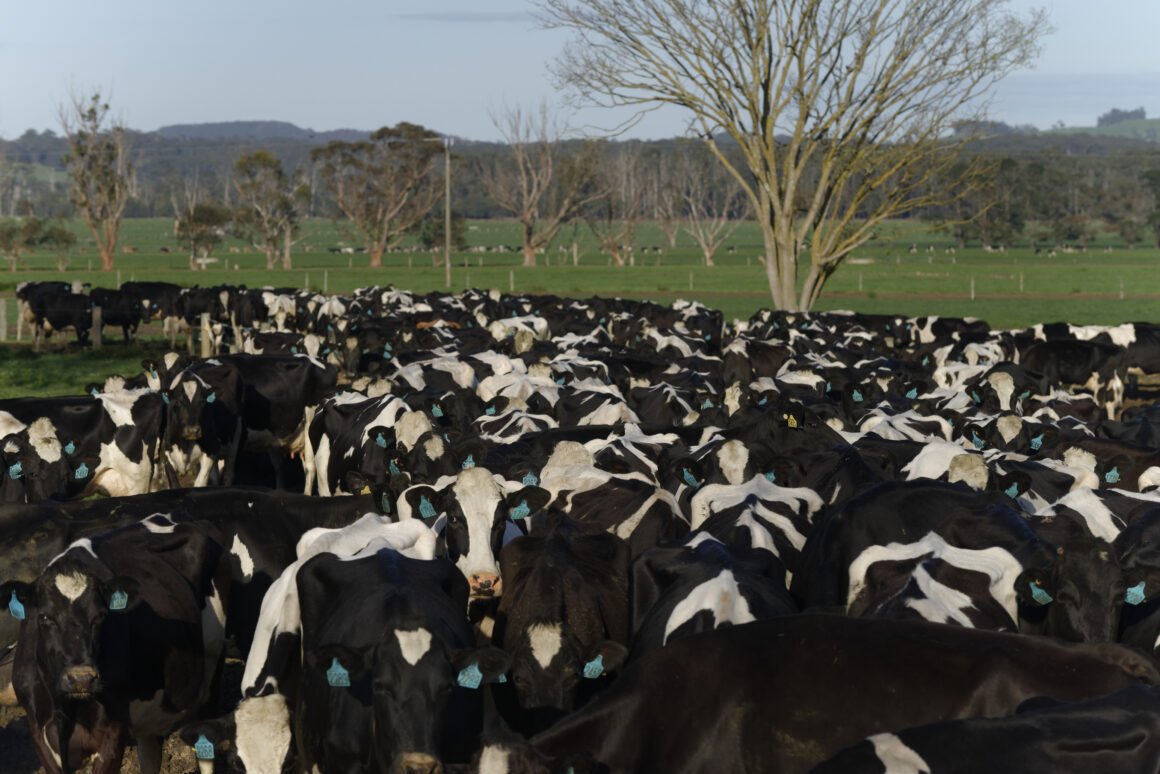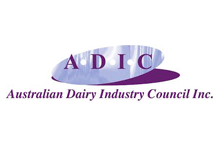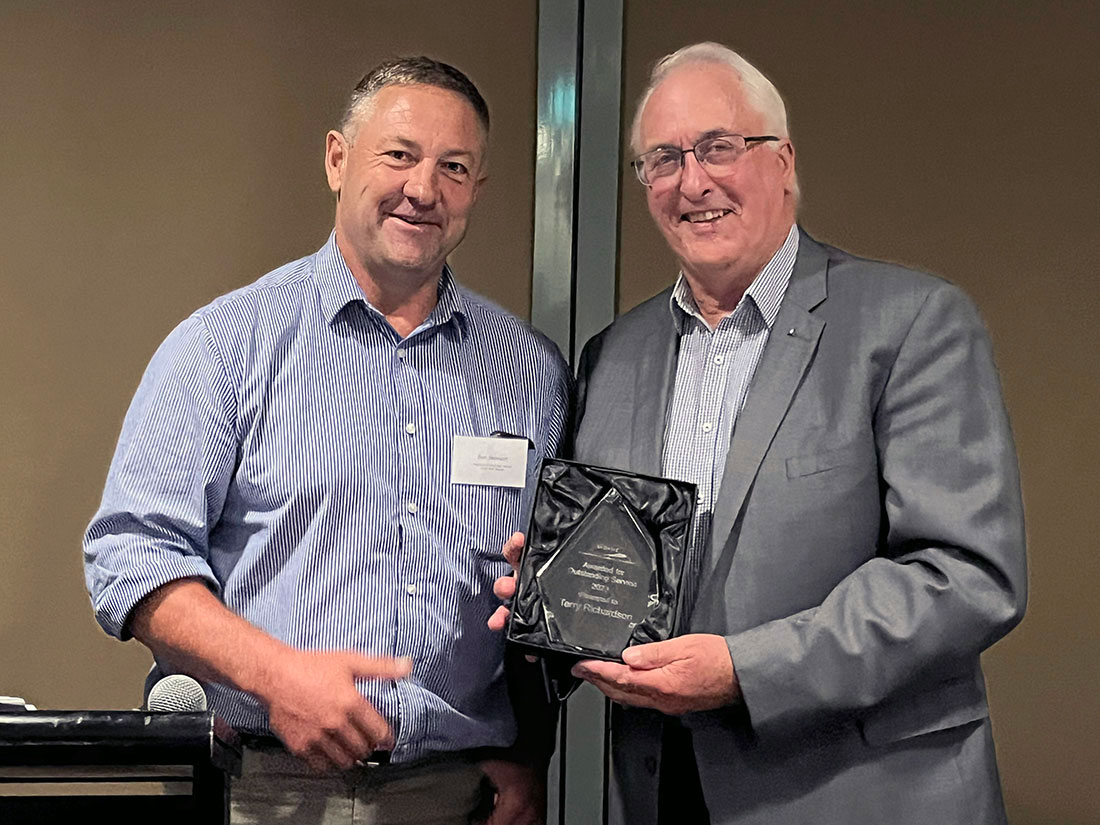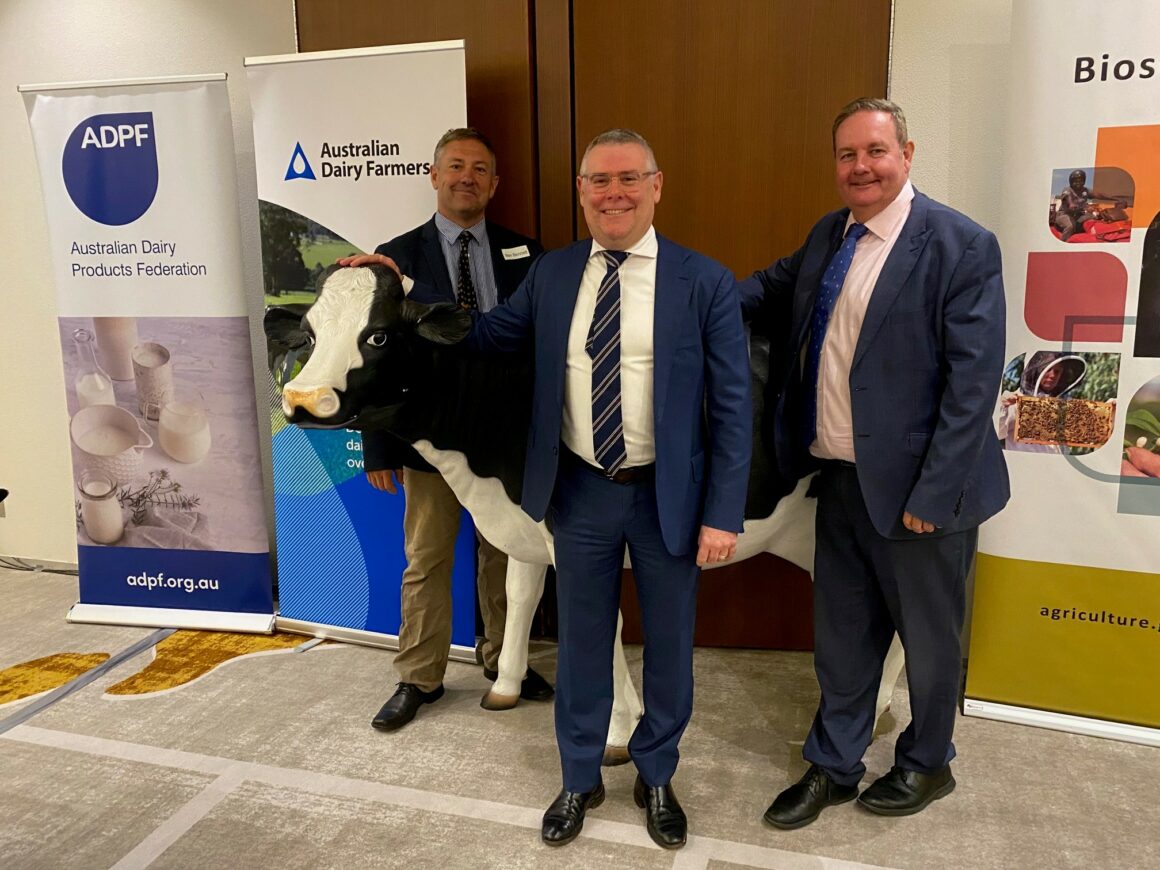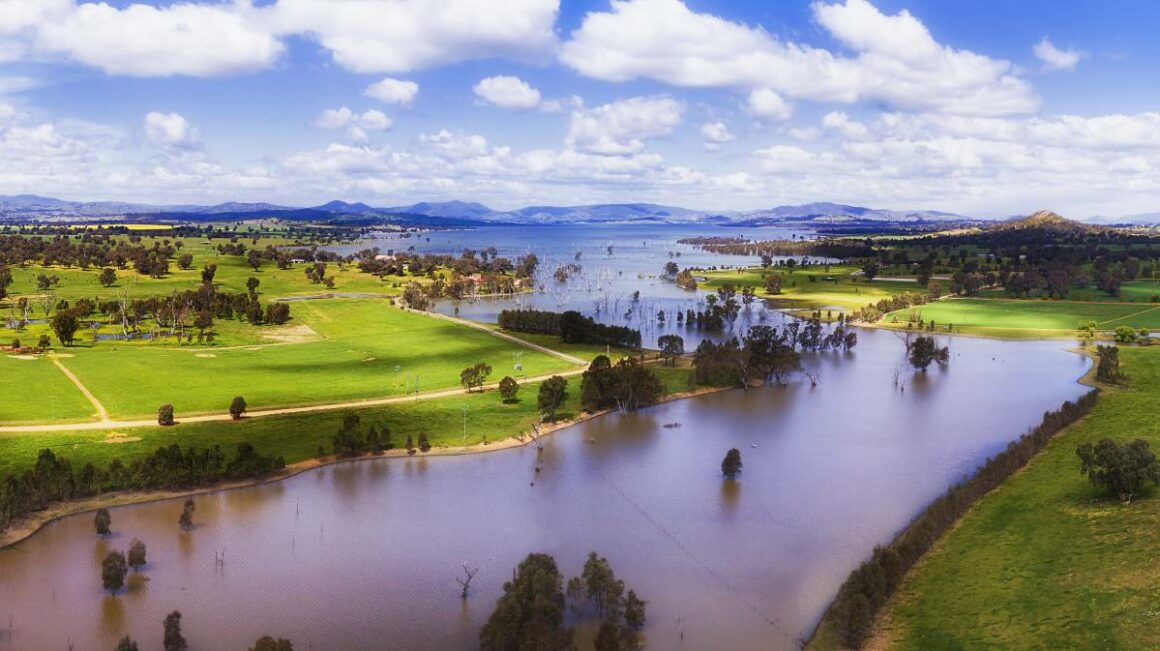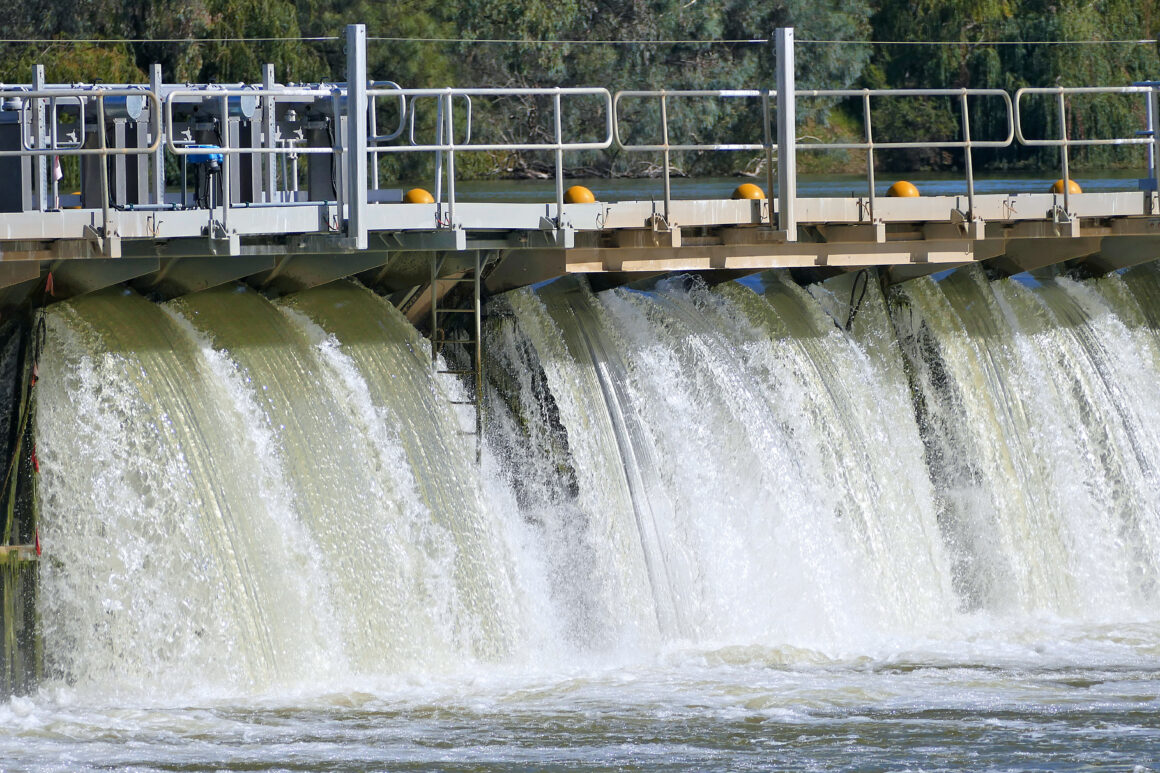The Australian dairy industry and dairy communities face a severe and disproportionate threat from continued water buybacks under the Murray-Darling Basin Plan, new research has found.
The independent, evidence-based analysis is the first of its kind to focus on dairy and the implications across the supply chain.
Conducted by global consultancy Ricardo, it confirms the industry’s concerns: water buybacks aren’t just a policy lever. They are an indiscriminate force with far-reaching economic and social consequences.
Australian Dairy Industry Council (ADIC) Chair Ben Bennett said the modelling presented two realistic buyback scenarios – returning 302GL or 683GL of water – both of which would cause irreversible damage to dairy farmers, dairy processors and dairy communities.
“The report has found buybacks would reduce the consumptive water pool by seven to 16 per cent, pushing water allocation prices up by 17 to 40 per cent, especially during dry years,” Mr Bennett said.
“These higher input costs, for water and feed, severely erode farm profitability, particularly for those with low water entitlement ownership.
“Under extreme dry conditions, like we are seeing now in parts of the southern basin, some dairy farms could experience financial losses of up to 535 per cent, or more than $430,000 in a single year.”
The modelling also shows a reduction in milk production of three to 15 per cent – translating to a loss of 60 to 270 million litres annually.
ADIC Deputy Chair John Williams said the impact of this on dairy processors revenue was modelled at up to $545 million each year.
“Reduced milk supply exacerbates existing overcapacity, leading to higher unit costs, greater competition for milk, rising transport costs, and a higher risk of plant closures,” Mr Williams said
“The effects from dairy farm and processor spending cuts flow right through rural communities, particularly to rural suppliers and service providers, threatening local jobs, business viability, and the broader regional economy.”
The ADIC is calling on the Australian Government to immediately halt further buybacks and instead implement a smarter, more balanced water recovery plan that strikes the right balance between environmental outcomes, food production and the long-term resilience of regional community.
“A whole-of-industry and government approach is critical to safeguarding the future of Australian dairy, and the communities and businesses that rely on it,” Mr Bennett said.

